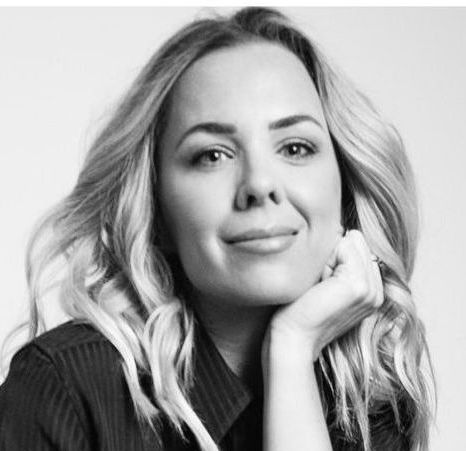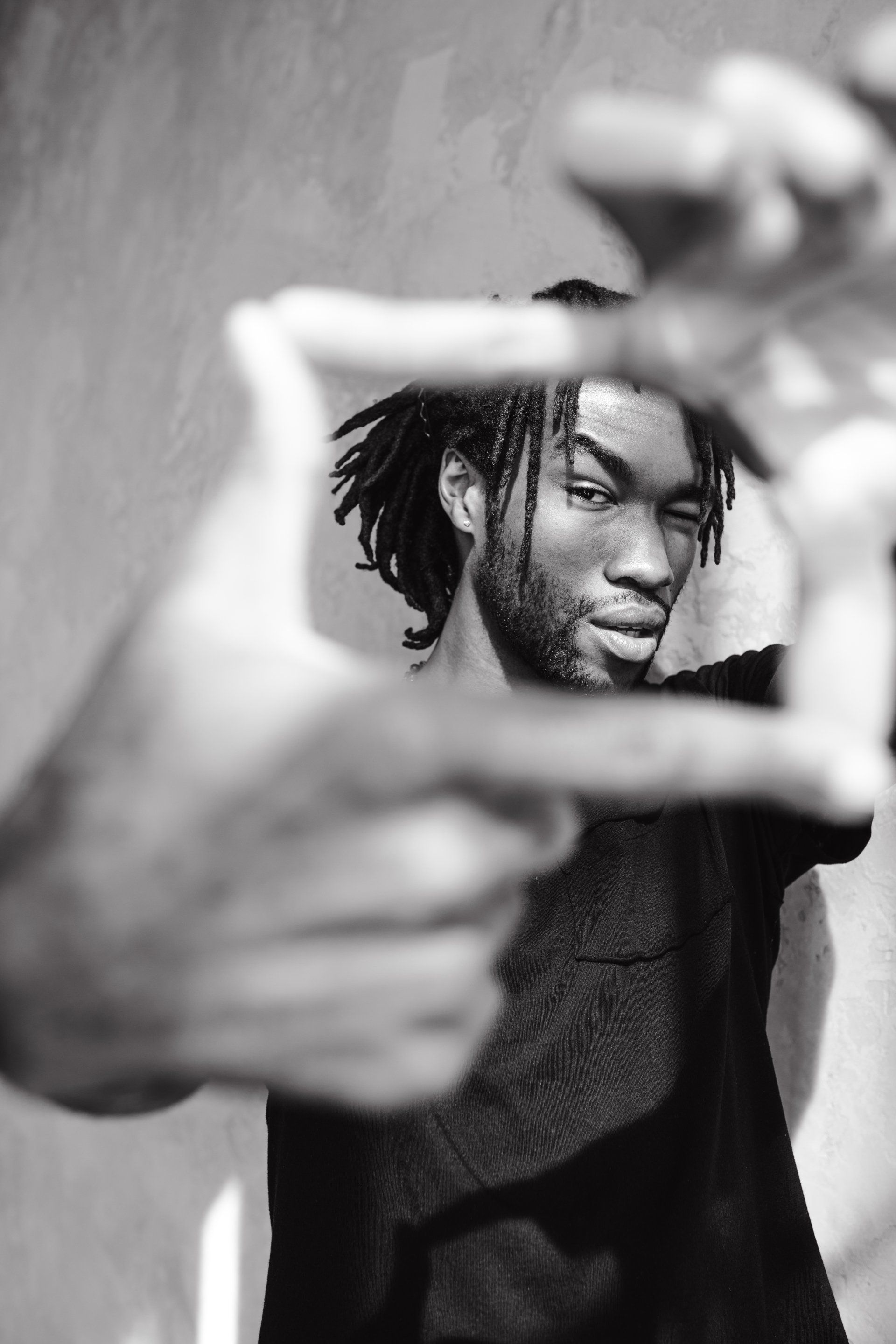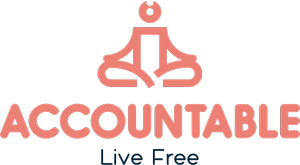A Letter to my Younger Self Embarking on My Recovery Journey
A Letter to my Younger Self Embarking on My Recovery Journey
Let’s face it. The decision to get sober is terrifying. You have no clue what the future holds, or if you’re even going to be able to pull it off. I myself was scared stiff going into treatment. I wish now that I could let my frightened little younger self know that she would be okay, actually better than okay. I would write her a letter of support and encouragement, painting a picture of her journey, and assuring her that there is, indeed, a beautiful light at the end of the tunnel.
(This is written based on my personal experience, but if you, the reader, are in a similar situation please take what resonates as an encouragement to you as well.)
Dear Katie,
You are doing such a wonderful thing for yourself right now. It is important for you to know that taking this step to get help for yourself is an act of courage. You are much braver than you believe yourself to be at this moment. The choice here boils down to life or death and you’ve chosen life. You are walking away from a version of yourself who believes she needs to be numbed at all times, who is scared of emotional pain, who is ashamed of herself; ashamed to her core. You are walking away from those horrible nightly blackouts. You are leaving behind the morning-afters where your brain scrambles to fill in the black holes of your memory with a zillion worst case scenarios. Taking these baby steps into the unknown is evidence that something in you loves yourself more than you hate yourself. This is powerful! Remember that. Give yourself credit for your inner strength and believing that you didn’t come to Earth for everyone to witness your self-destruction.
Let go of the idea that getting sober is impossible. It is 100% possible, do-able, and attainable for you. Thankfully there are many people who’ve already travelled down this road and are willing to support you as you start out on your own path. You will find that these people are some of the most amazing souls you will ever know. They all somehow seem to possess a fierce and determined inner warrior. You’ll see. Let them help you.
The moment you decide that there is no turning back is the moment you surrender, and let go. It feels like jumping off a cliff, but trust me, those people will be there to catch you. So trust and believe that all the help and support is there for you if you’re willing to receive it.
Yes, it’s extremely scary to let go, but you are going to gain SO MUCH more than what you’ve lost and over time you will see this. The people who’ve been put in your path to help are going to genuinely love and accept you for exactly who you are, a worthy and deserving human being. This will be profoundly healing to you. Once your heart begins to receive this love, it will hit you that you’ve been searching for this love for a long, long time. Know that you deserve this, don’t be scared to let it in. It will overflow and you’ll eventually be able to give it to others, which is… beautiful.
Early recovery feels a lot like puberty so be prepared! Everything feels awkward. The numbness wears off and you feel all your feelings again and it’s so raw at first. You’ll be moody and all around uncomfortable. Your physical body is adjusting to the change. Your brain is healing as well. This is okay, though. This is life! You are experiencing life and not running from it now. You will embrace it to the best of your ability, and it will get easier over time.
You believed for a long time that you needed alcohol and/or drugs just to interact with other human beings. So now, you’re going to have to learn to interact as your authentic self. It feels REALLY WEIRD at first! Just keep going, keep practicing, keep believing that you can be a social being without alcohol, or any other substances. Just as puberty is a phase, the oddness of being a newly sober person does wear off. You adjust, and you blossom into a whole new you! It will dawn on you that you are okay, exactly how you are. Your future self is so proud of you, because I know how scared you felt of just being you. Your future self is giving you permission to just be you, because you
are worth knowing.
You will learn so much from other people, you will learn to communicate, you will learn how to truly connect with others, you will learn how to confront and resolve conflict. This will not be perfect or easy and it will always be a work in progress, but this will lead you to connect with a ton of different people you would never connect with otherwise. Since you’ve stopped numbing yourself to everyone and everything, your eyes and your heart will be open to see the commonalities in us all. Your compassion and empathy will grow by leaps and bounds. This will ultimately lead you to love a lot of different people. Love is really what life is all about. This is where your journey leads you to, it leads you to love. You’re going to learn to love yourself, and learn to love others. This is why it is so important that you KEEP GOING!
Now, none of this is going to be “perfect” and I want to urge you to let go of the idea that everything, including you, has to be perfect always, all the time. That’s not life. You will face
many challenges along the way, and there will be people who don’t accept the new you. There will be people who will be straight up mean to you. This hurts, this hurts REALLY bad (especially without anything to blot out the pain). This is why I want to encourage you to keep going, keep recovering, and keep seeking out the support of others in recovery and other like-minded people. Every single challenge you face and all of the pain you will experience is an opportunity for you to grow, and you will grow. You’ll learn forgiveness, of yourself and others, you will learn when to let go, when to walk away, and how to be thankful for everything. All of this will take a lot of time but you’ll be blessed along the way with really happy, positive, and magical experiences so DON’T GIVE UP!
Your recovery is all about patching up your wounded soul with love, and learning to live life all over again. When the cravings fade into the background, and the weirdness wears off you will discover that you actually like your life a lot better sober. And when you’re strong enough, you’ll be able to help others along with their journeys. This will also be hard, but so gratifying!
To sum it all up: the beginning of your recovery will feel downright scary a lot of the time. There will be a phase that feels incredibly weird and uncomfortable, but keep going and receive all the support you possibly can, and then the time will come when you transition out of that phase. You, as a butterfly, will emerge from your cocoon of transformation. You will fly and be free. You will thank yourself over and over again for making this decision. It is all SO worth it.




hello@youareaccountable.com
(646) 450-7641